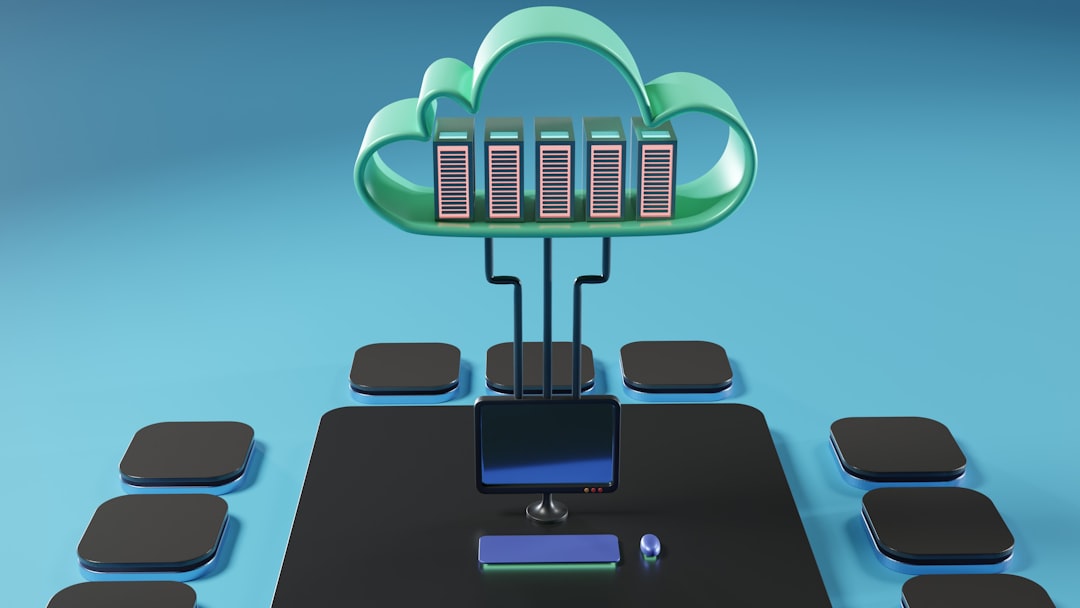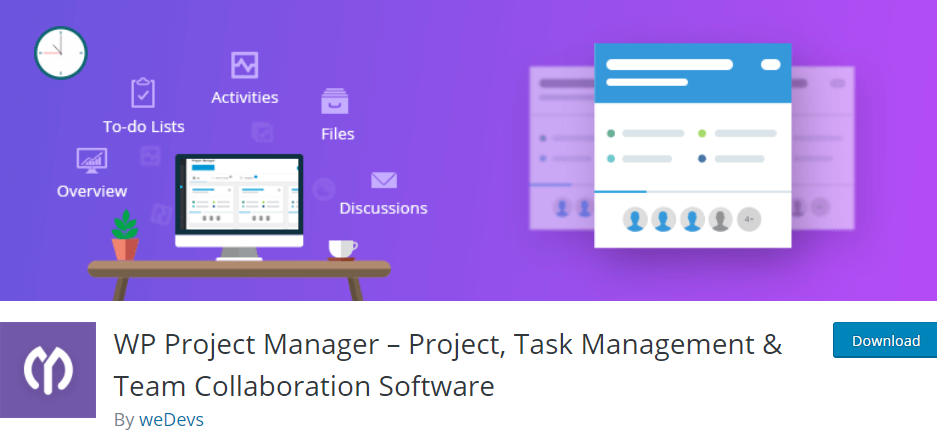Real estate professionals rely heavily on Customer Relationship Management (CRM) systems to manage client data, property listings, transactions, and communications. These tools increase efficiency and productivity, but they also come with the critical responsibility of protecting sensitive information. In a digital era where cyber threats are rampant, implementing strong CRM security practices is essential. Below, we explore the 7 best CRM security practices for protecting real estate data.
Table of Contents
1. Implement Role-Based Access Control (RBAC)
Not every team member needs access to every piece of client information. With Role-Based Access Control (RBAC), you can assign user permissions based on roles within the organization. This means agents can only view or modify the data they need for their tasks, minimizing the risk of accidental or malicious data exposure.
Establishing permissions ensures that sensitive information like financial documents or client identification details is only accessible to senior-level agents or compliance officers. Automated rule-based access further improves data governance and accountability.

2. Encrypt Data at Every Stage
Encryption is fundamental to data security. Leading CRMs offer end-to-end encryption that secures data not only during transmission but also while it’s stored on servers. This renders client details useless to unauthorized users or hackers, even in the event of a breach.
Make sure your CRM employs SSL certificates for web transmissions and AES (Advanced Encryption Standards) for data storage. Additionally, using encrypted backups ensures that historical data remains secure from tampering and leaks.
3. Use Multi-Factor Authentication (MFA)
Multi-Factor Authentication adds an extra layer of protection by requiring users to verify their identity using two or more methods—typically a password and a one-time code sent to their mobile device or email.
For a real estate team that often accesses CRM systems from multiple devices and locations, MFA ensures that even if one method is compromised, unauthorized entry is unlikely. It’s a quick-to-implement, cost-effective prevention against account takeover.
4. Keep Software Up to Date
Outdated systems are a primary target for cybercriminals. CRM providers regularly release updates to patch vulnerabilities and improve system security. Make it a standard practice to install updates promptly, whether it’s an on-premises CRM or a cloud-based platform.
In larger teams, designate a tech lead or administrator to monitor and execute these updates. Also, follow your CRM vendor’s security bulletins or forums for the latest information about potential risks.
5. Regularly Back Up Your Data
Though often overlooked, regular data backups are vital in the event of accidental deletion or ransomware attacks. For real estate businesses, where contacts, transaction records, and legal contracts are stored in the CRM, recovery can be a lifesaver.
Schedule automatic backups daily or weekly, depending on your data volume. Store these in a secure, preferably off-site or cloud-based location with access controls and encryption.

6. Train Your Team on Security Best Practices
Human error is one of the leading causes of data breaches. Agents might fall for phishing scams or mishandle client data unknowingly. Conduct regular training sessions to educate your team on recognizing threats and handling sensitive information securely.
Workshops and simulations involving fake phishing emails or secure login practices are effective. Make data protection part of your onboarding process and provide refresher training quarterly or bi-annually.
7. Monitor and Audit CRM Activity
Proactive monitoring helps you detect suspicious activity early. Most CRM platforms have built-in logging features that track user actions and login attempts. Regular audits uncover any unauthorized access, data exports, or unusual modifications.
Set up automatic alerts for specific behaviors, such as multiple failed login attempts or large data downloads. Use periodic audits not just for security, but also for compliance with data protection regulations like GDPR or CCPA.
Conclusion
Protecting real estate data isn’t just about checking boxes—it’s about building trust with your clients and securing your business’s future. Following these CRM security best practices ensures that your system remains a safe, efficient tool in your business arsenal. As cyber threats evolve, staying informed and vigilant is your best defense.




